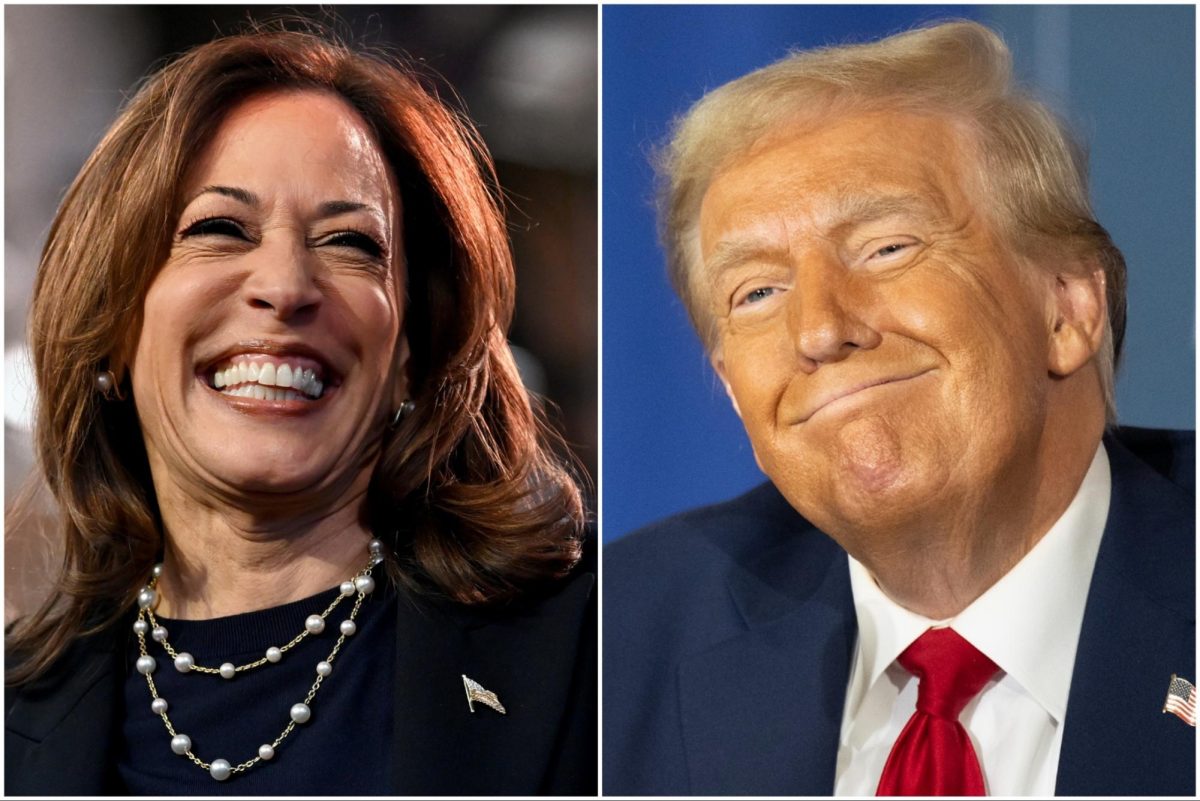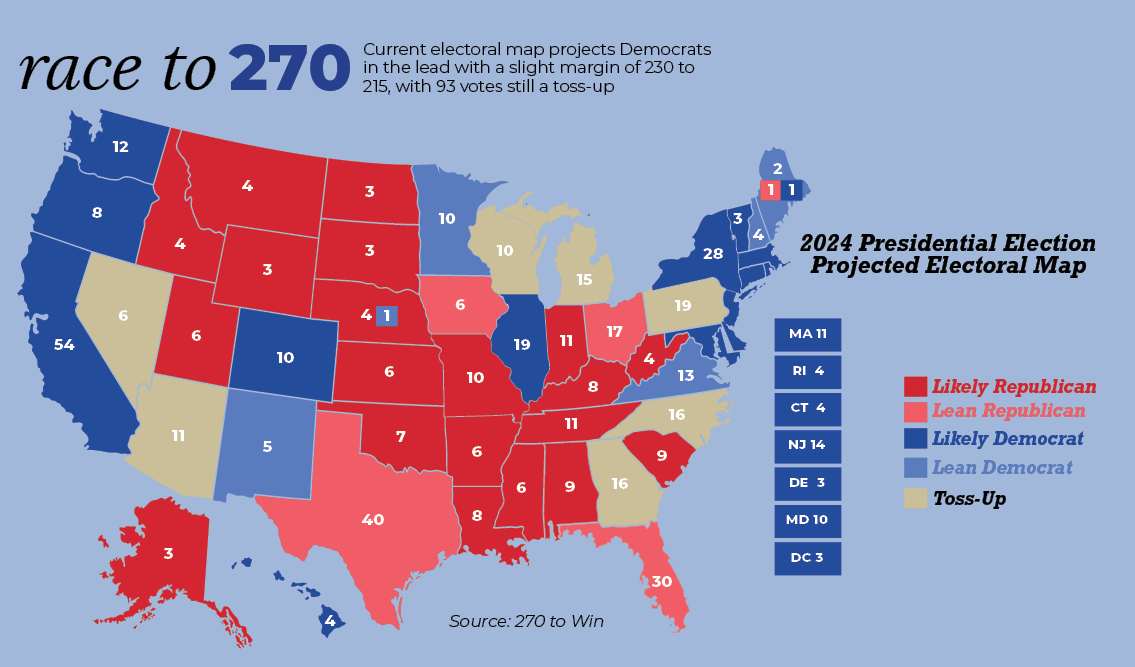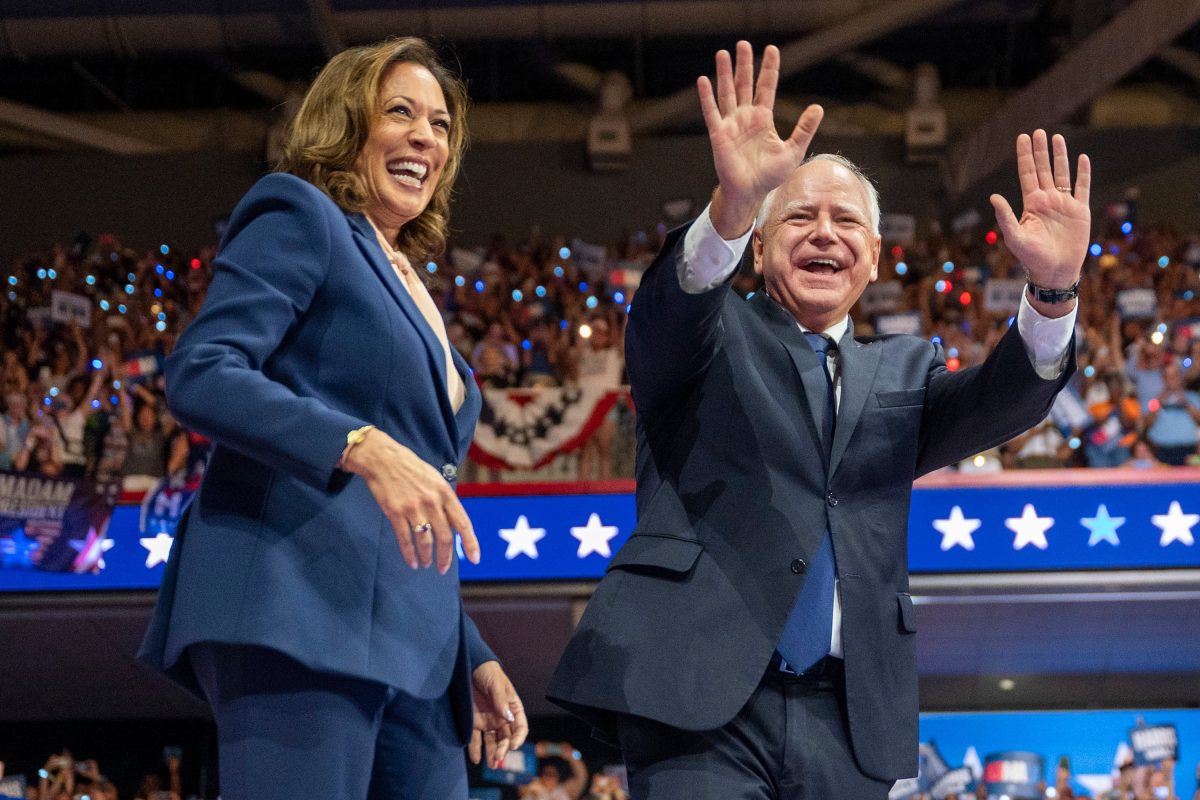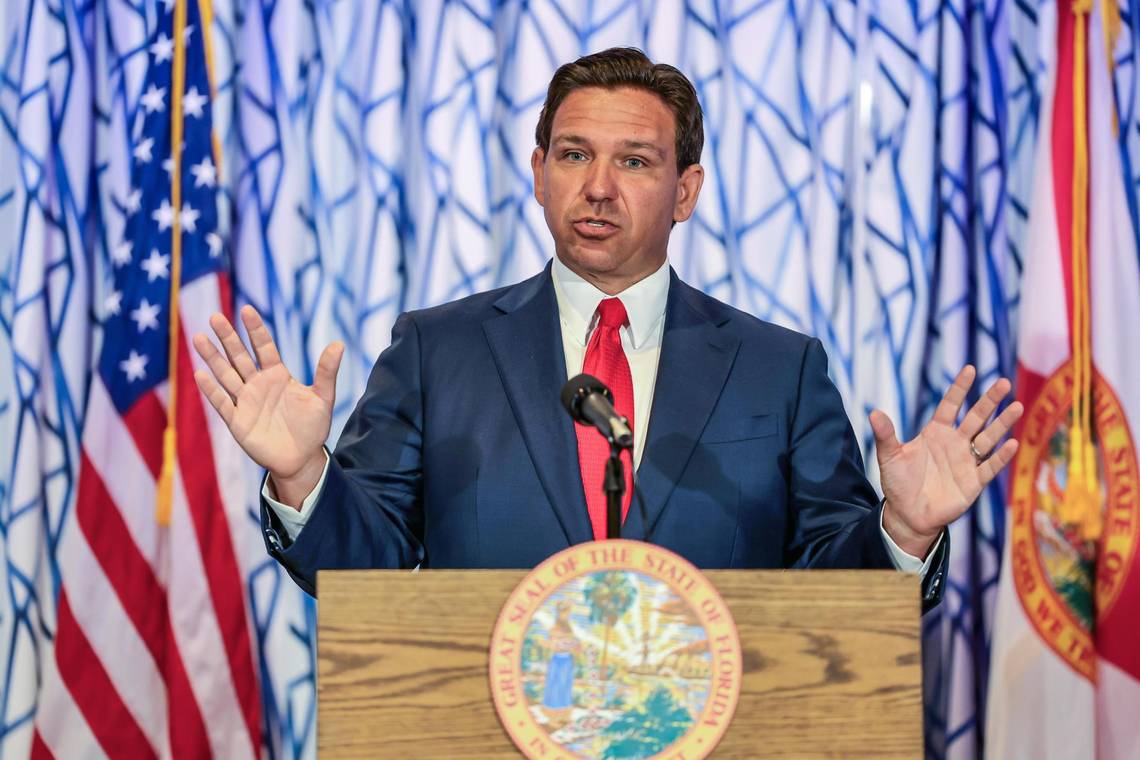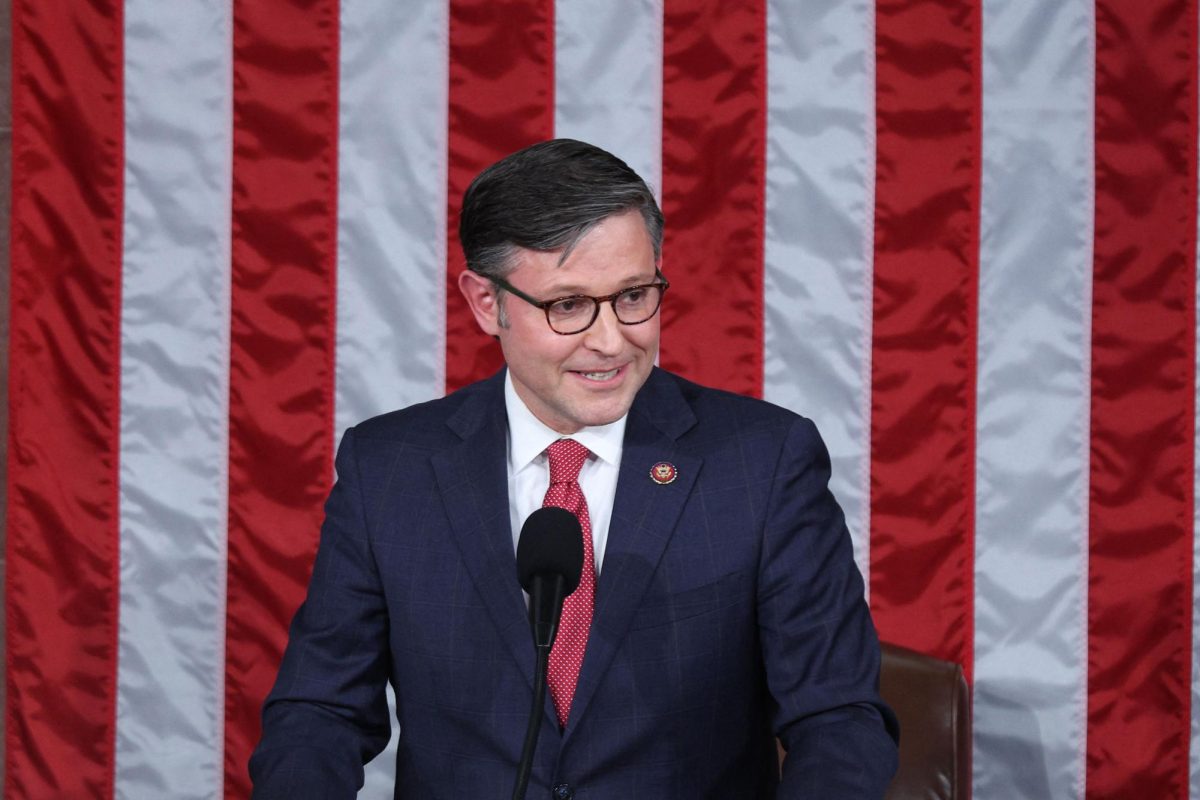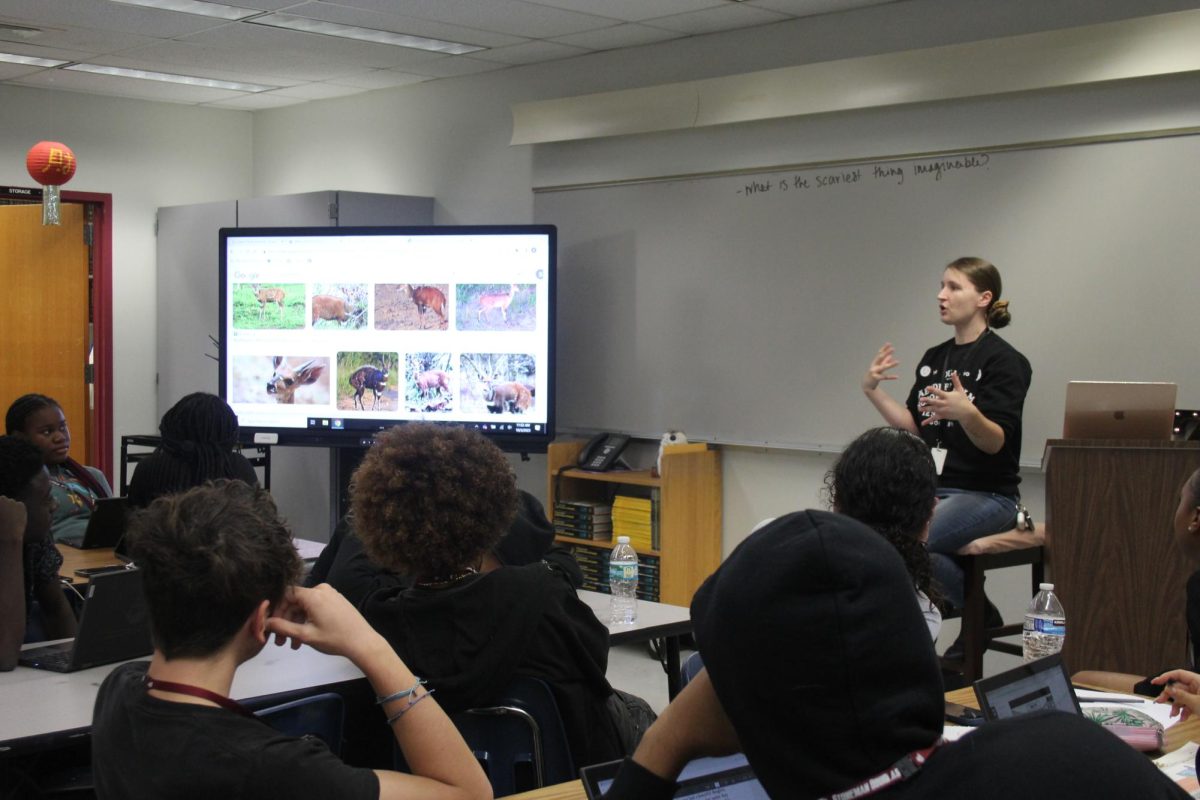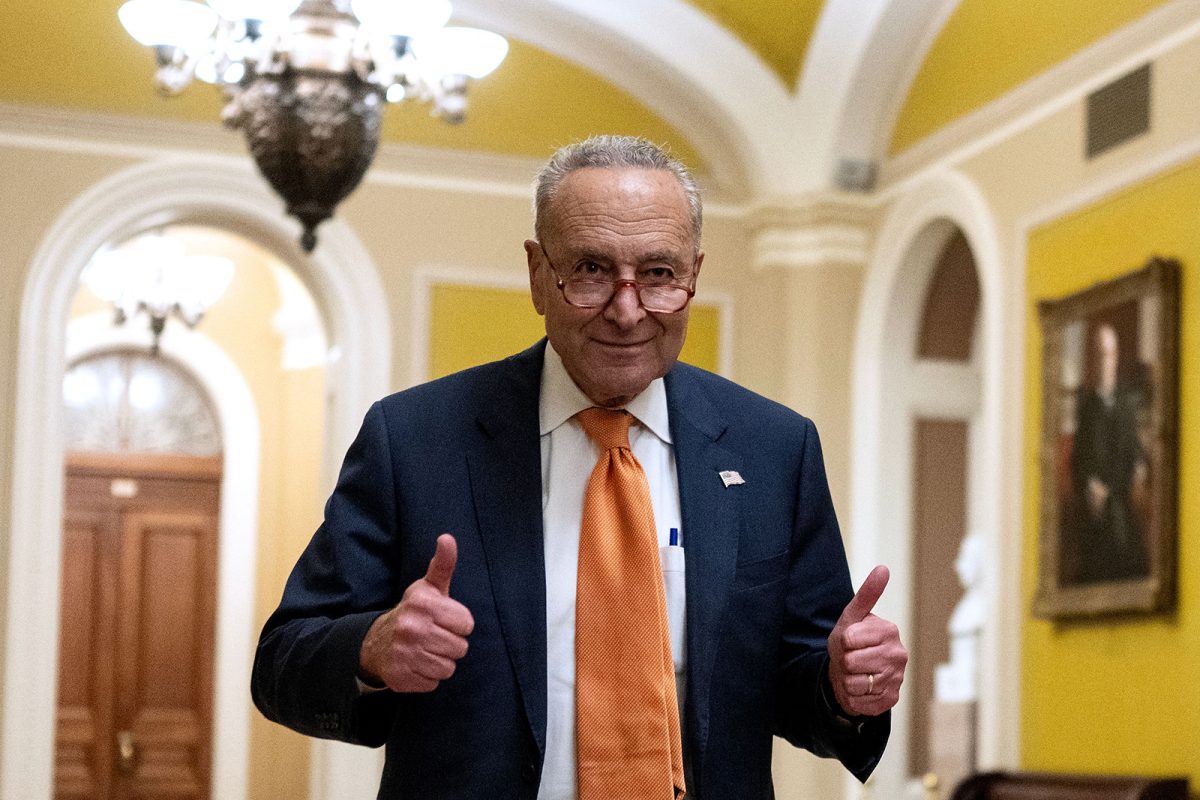
Ever since the 2016 presidential elections, in which President Donald Trump secured the presidency over his opponent Hillary Clinton, the question of who might take on Trump in the 2020 election has been at the top of many voters’ minds. With a president known for stirring controversy and a wide array of challengers, it is paramount that voters are informed enough on the candidates and where they stand on particular issues.
Perhaps the two most popular candidates making their bids for the Democratic Party presidential primaries are former Vice-President Joe Biden and Senator Bernie Sanders, who are topping the charts in most polls.
Biden and Sanders both represent opposite ends of the Democratic Party, with Biden representing the establishment and Sanders representing the progressive wing of the party.
Polls have these two neck and neck, although many have Biden pulling ahead with a slight lead.
Sanders is known for making waves during the 2016 presidential primaries for a policy platform that included Medicare-For-All and free college among other progressive policies that also make up his current policy platform.
Biden is perhaps best known for his position as vice-president under former President Barack Obama, as well as his 1994 crime bill, his participation in the Anita Hill hearings and his establishment positions in regards to most hot button issues.
Following behind Sanders and Biden are Kamala Harris, Pete Buttigieg, Elizabeth Warren and former Rep. Beto O’Rourke; all very close in the polls, mainly ranging from 6 percent to 9 percent of participants in most polls.
Harris is the former Attorney General of California and is currently serving in the U.S. Senate. Harris made pre-campaign news after her questioning of controversial Supreme Court Nominee Brett Kavanaugh. If elected, she would become the first black female president.
Buttigieg is the mayor of South Bend, Indiana, and has been steadily gaining media attention as coverage of the race has increased. As a former naval intelligence officer, Buttigieg served in Afghanistan, and would become the first openly gay president should he win the election. Currently, he has not released an official policy platform, but has spoken on issues such as LGBTQ+ rights and overturning Citizens United.
Warren is the senior U.S. senator from Massachusetts, who is running on a progressive platform. A former teacher, Warren made recent news in her call for the impeachment of Trump. Running to become the first female president of the United States, Warren is comparable to Sanders in her commitment to progressive policy.
O’Rourke gained media attention after challenging Sen. Ted Cruz for his Texas seat, albeit losing, yet still securing 48.3 percent of the vote. Although grassroots, O’Rourke is running on what is mainly an establishment policy platform.
Making up the lower end of the polls are candidates Amy Klobuchar, Andrew Yang, Julian Castro, John Hickenlooper and Kirsten Gillibrand.
Klobuchar is a fairly moderate candidate from Minnesota and is currently serving as the state’s Senior Senator. She is running on an establishment platform, although has a commitment to rebuilding America’s infrastructure.
Yang is an entrepreneur who has a policy platform of a universal basic income of $1000 a month. Yang is gaining ground as a particularly unique candidate, as he has no previous political experience. He is gaining ground through a social media campaign in which he is pushing his universal basic income policy and trying to separate himself from the other candidates.
Castro was the former U.S. Secretary of Housing and Urban Development under Obama and is running on establishment policies, with a notable commitment to what he calls a “people first” immigration policy.
Hickenlooper is the former governor of Colorado and is running on an establishment platform similar to the other establishment candidates in the race. He has not released an official policy platform, but intends to use his experience as the governor to help improve the nation.
Gillibrand is the junior U.S. senator of New York and is an establishment candidate. She previously had served in the U.S. House of Representatives and has a policy platform that lies in the more moderate zone, without any particular issues of note.
The 2020 election is one with candidates from all walks of life and this years’ primaries may decide if the Democratic Party becomes more progressive or keeps it’s establishment stances.




